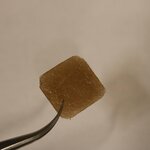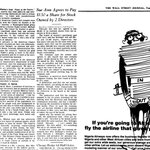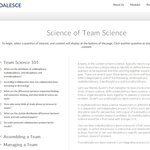
To clear blood clots in the brain, doctors often perform an endovascular procedure, where a surgeon inserts a thin wire through a patient’s main artery, usually in the leg or groin. Guided by a fluoroscope that simultaneously images the blood vessels using X-rays, the surgeon then manually rotates the wire up into the damaged brain vessel.
A catheter can then be threaded up along the wire to deliver drugs or clot-retrieval devices to the affected region.
Soon, a snake may be able to do it without the exhausting manual effort by a surgeon.
Stroke is a top five cause of death and…








